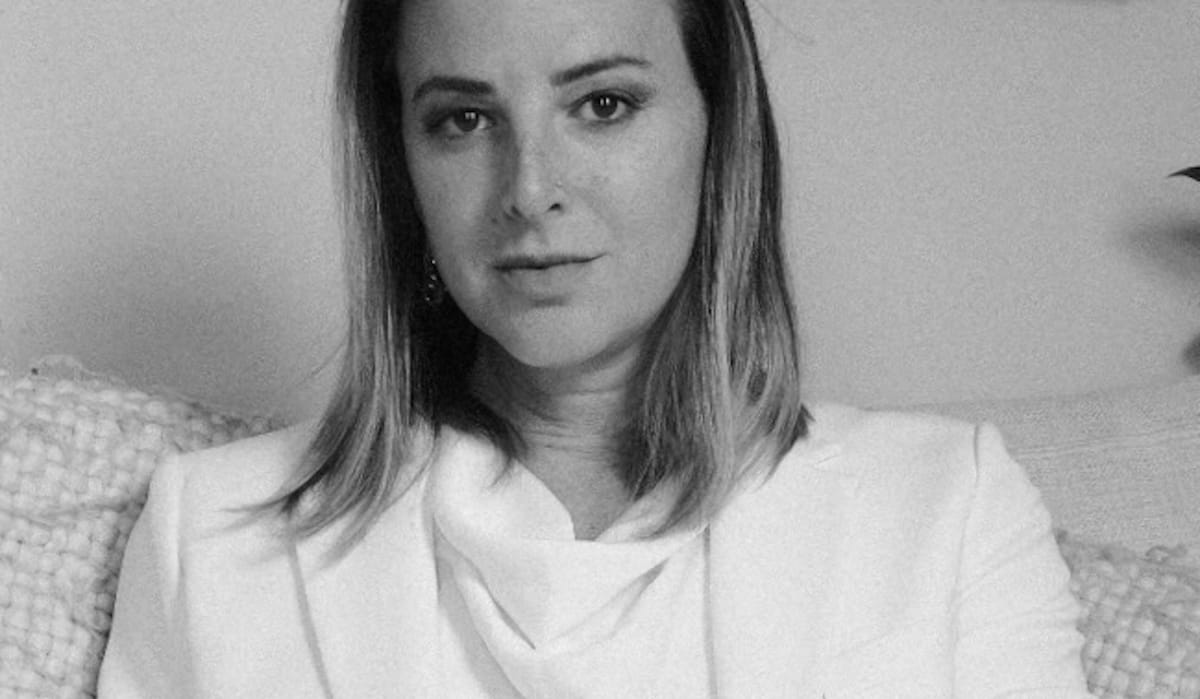Torrey Peters: “Maybe you f*ck other trans girls, maybe you don't, but you care and you love”
Torrey Peters on her new book 'Stag Dance', what T4T actually means and her abandoned TV adaptation with Lilly Wachowski.

Words by Emily M Cameron
If Torrey Peters isn’t a household name already, then she will be after Stag Dance. Currently, after Detransition, Baby’s Women’s Prize for Fiction nomination and international success, I think it depends on who’s house you’re in, soon it won’t. But if you were disappointed that Detransition, Baby wasn’t How To Be A Trans Ally 101, you’ll be equally disappointed by Stag Dance. Though different in almost every way, Peters’ second book is every bit as complex as Detransition, Baby – her comfort in the uncomfortable confidently cuts through the noise about trans people, presenting complex characters in traversing their crises, euphoria and bad decisions.
Stag Dance “doesn't exactly feel like a sophomore effort” according to Peters – “it’s a totally different kind of book.” A collection of four novellas written at various points over the past decade, Stag Dance’s narratives span past, present and future, across genres of horror, tall tale, romance and post-apocalyptic sci-fi. But it remains a confident expression of Peters’ craft and style: intricate and uncertain, each tale in Stag Dance gives us soaring moments of self discovery before flattening them with the horrors of reality – the collection veers between humorous, horrifying, and heartwarming, consistently finding familiarity in the outwardly strange and unusual.
Peters joins our Zoom call from Colombia, where she, wisely, spends her winters, but when I ask how it is, she shifts uncomfortably, unsure of what to say – and I realise she’s a US citizen out of the country at a time of enormous uncertainty for trans people in the US. While she’s been away a new president has taken office and called into question the validity of her passport. It’s a uniquely fucked position to be in and I understand why it weighs on her (she has since elaborated on it for New York Magazine). But she seems confident she’ll be able to return, and anyway, as she so eloquently put it, “I don't really give a fuck what the government thinks my gender is.”
How does it feel releasing your second book? What's different this time?
I mean the entire context in which I'm releasing it is totally different. I'm not that unusual now, as a trans writer. In 2020 there weren't that many trans writers on the big four presses, so there was a way in which I was seen to represent all trans people. Whereas now you have, I don't know 16, 17 books by trans writers coming out this spring. I couldn't even try and list them all. So there's this way in which [the writers] I'm publishing with is different and that's wonderful.
And then there's the bad thing, which is that I'm publishing into what feels like a political crisis for trans rights in the United States. And I'm not sure how to position this book, which is full of nuance and shades of being trans, pulling apart different complex issues, which is different to what's happening now, which is blunt, stupid, fascist talking points. So the question is, how do I talk about nuance in a climate of blunt, cruel stupidity? What really needs to happen is a strong rejection of this cruelty and bigotry.
